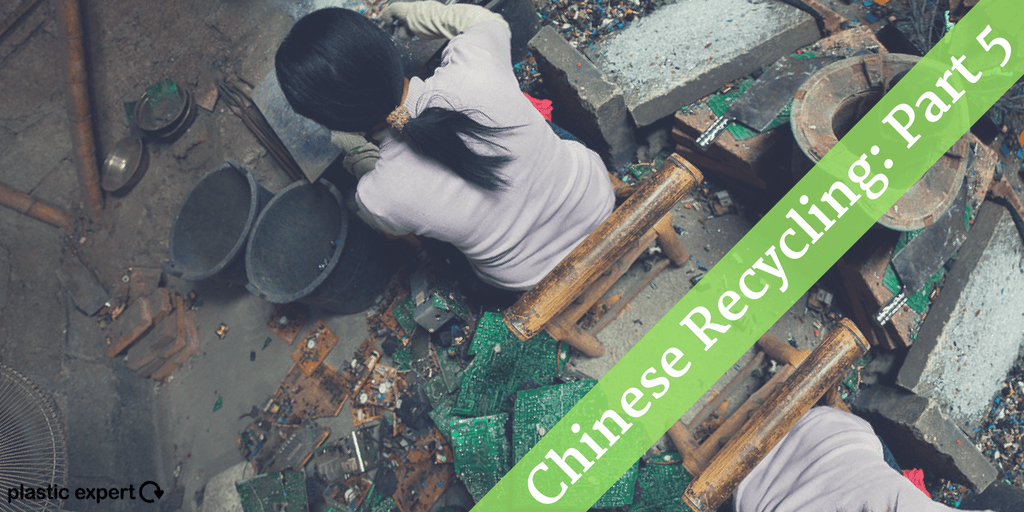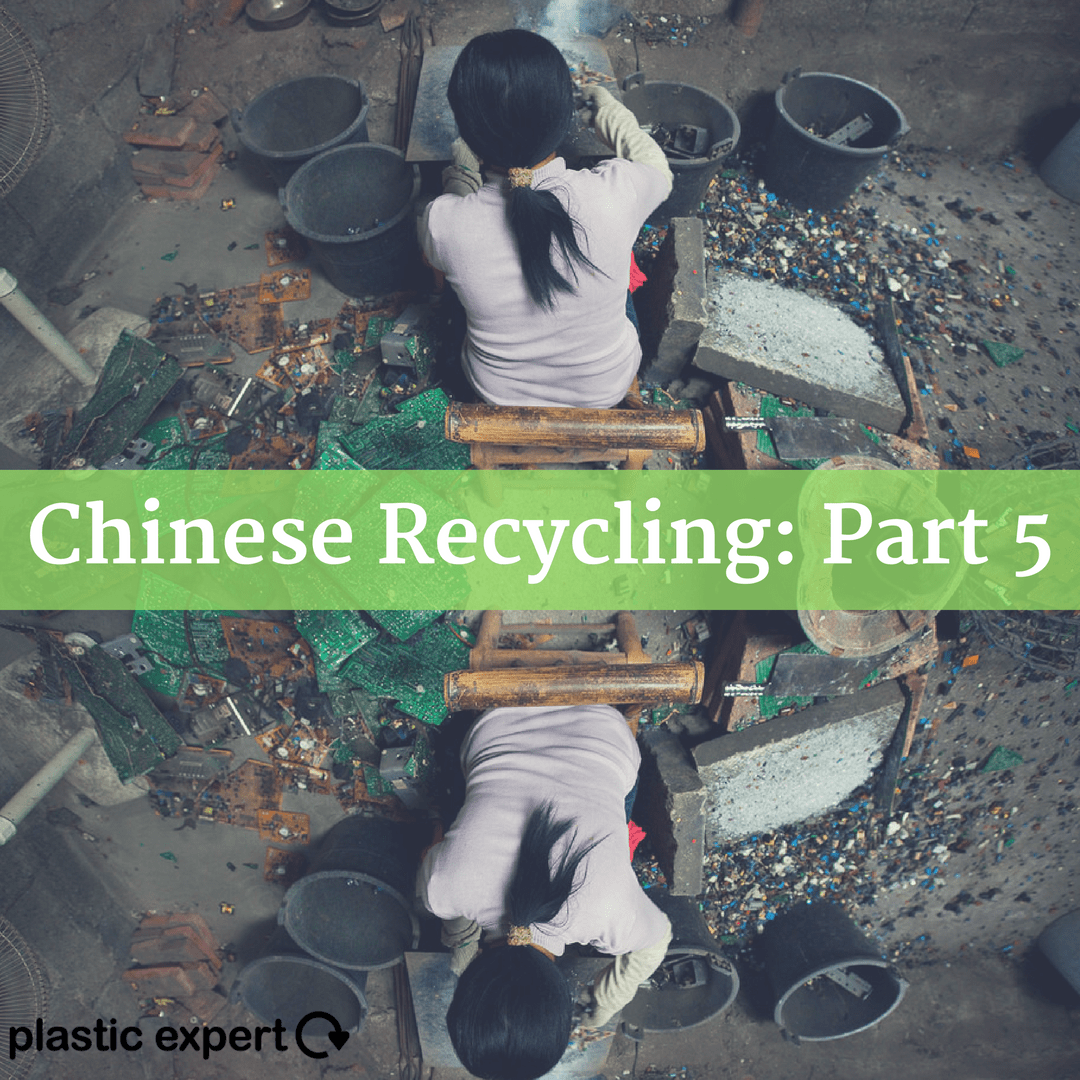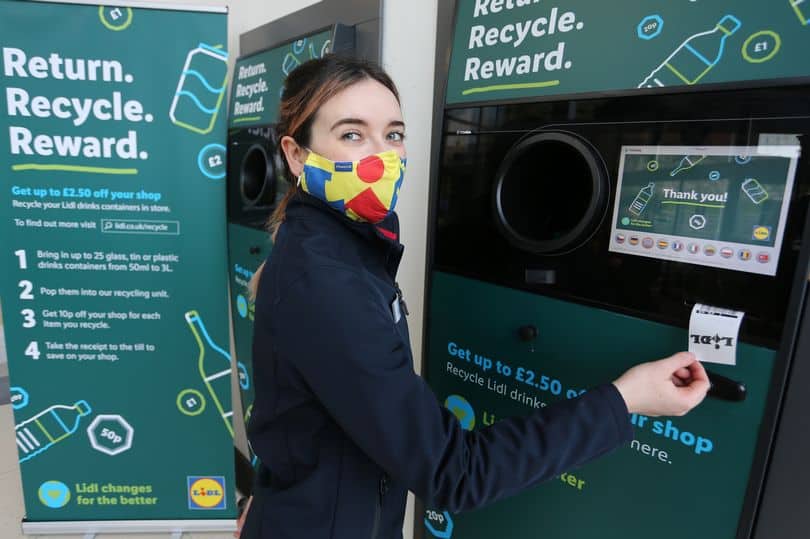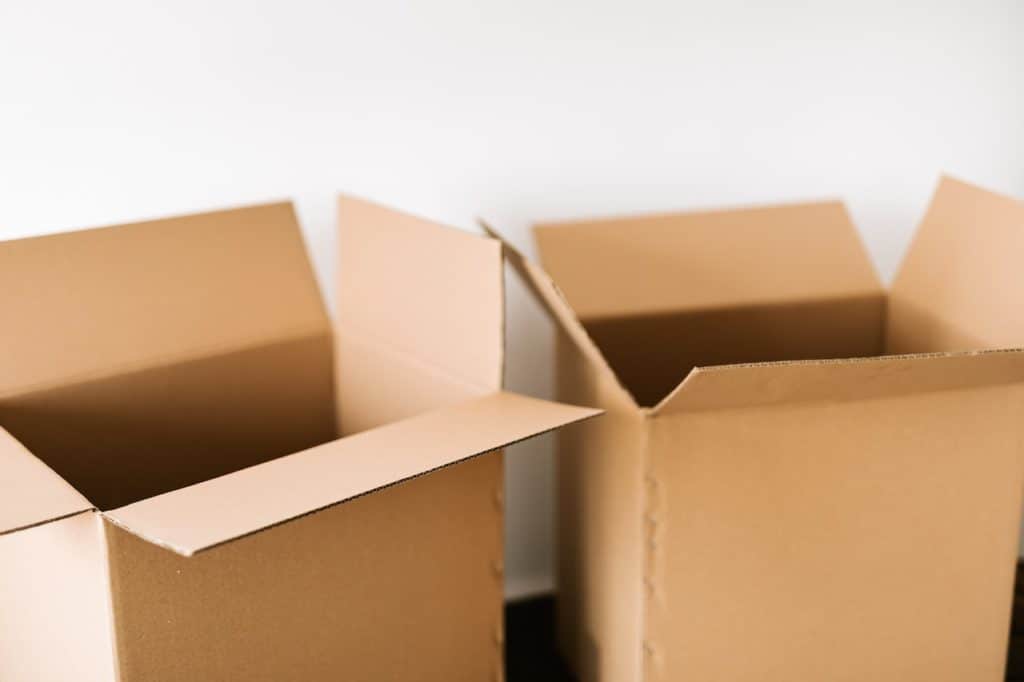Throughout this series looking at recycling in China, we have focused on a variety of aspects, including intervention in the industry by the government, recycling prices, the import market, what the future holds and how the industry has blossomed in recent years.
In this fifth instalment we will be focusing solely on E-waste, and China’s global impact in the electronic waste market…

Welcome to the electronic era, wherein almost everything you see has something to do with electricity, whether as a requirement to function, or having been used in its conception. We are now living in a world surrounded by electronic machines, robots, cameras, sensors, monitors, computers and smartphones. Many of us are knowledgeable about where these gadgets or machines come from, but very few people consider where an old and broken device will go after being disposed of. Some people think they end up being chucked in landfills, some think they are destroyed by crushing or burning. However, the truth is that there is a ‘better’ retirement home for electronic gadgets or appliances after they have served their purpose – E-waste recycling.
The term E-waste specifically refers to the disposed electronic (residue) machines, gadgets or appliances. Because of the massive production of the newest and high-spec versions of televisions, white goods, computers and mobile phones, many people are leaving their old gadgets behind. These, plus all of the broken pieces of E-waste, are considered as more-or-less all recyclable.
China, as the leading country in recycling technology, is also specializing in E-waste recycling
There are a few important recyclable materials that can be extracted from E-waste. For example, the circuit boards are plastic that can be melted and reprocessed and so are some of the casings; although some casings are made from aluminium, the wires are copper, there is glass in most of the appliances, especially televisions and monitors, and the Central Processing Unit (CPU) of computers and some mobile phones actually contain a percentage of gold, silver or platinum, as well as other precious metals, but in a tiny quantity.
For example, in an E-waste recycling company in China, the workers are in hard hats, face masks and steel-toe safety shoes (thanks to the Chinese government’s investment in the safety of workers). When scrap televisions are disassembled, they are placed on a conveyor belt that will put them in front of men with power screwdrivers. They will disassemble the cathode ray tube from the case in less than a minute. Then, it will be put back on the conveyer for further disassembling, with similar extractions occurring at each step, until it reaches the point where the television is totally separated into its part.
Sadly, not all E-waste set-ups are so clean and efficient, read our harrowing feature on the Guiyu E-waste dump here.
Help from the government
The Chinese government are investing billions of pounds paying out subsidies and recycling prices to companies that process E-waste into more useful products, or for use as a cheap production material. They are funding research projects for a more effective extraction of components from each electronic waste category, such as a project being run by the State Development & Investment Corp of Beijing. They have to research more effective and rapid processes, because the environmental issue concerning electronic waste is growing rapidly.
Of course, there are also informal and individual recyclers of E-waste (remaining unknown to the government because of tax avoidance – meaning cheaper recycling prices). These informal recyclers are at risk, because improper disposal or recycling of these electronic solid wastes is dangerous to human health. Due to the chemicals used in the production of electronics, melting or trying to reprocess them can release harmful toxins!
Most of the scrap computers are still minutely radioactive, unless discharged. Radiations from these wastes may cause health related issues. It’s also no secret that batteries and mobile phones may contain mercury, lead or other harmful and toxic chemicals. Individual recyclers are not illegal. In fact, the Chinese government admits that these unknown soldiers of recycling are a huge component of their recycling industries, and without them, the industry would suffer. However, their tax evading activities are illegal…
The future is here
This is the future world – we are already living in it and we are surrounded with electronics. And with great technology comes a great responsibility. The sunrise industry (recycling) of China, as the biggest recycler of the world, needs to learn how to handle E-waste recycling more effectively. Electronics graveyards, like that in Guiyu, are an example of how NOT to recycle.
From an eagle eye view, it is safe to say, in simple terms, that China has to strongly develop two aspects of its recycling industry to remain on the top of the global pile. The first is to tackle the E-waste problem from the bottom upwards, by producing fewer useless or obsolete items. Quality must be improved. They must also design products that are easily dismantled and can be completely recycled at the end of life. Using materials that are destined for landfill is a bad path to continue on.
The second part, if China is to ever reach a circular economy, is to increase the education relating to recycling and waste and make sure it is practiced. A domestic waste collection system covering over 1 billion people is a big ask, so either the investment is made, or more protection and help is given to ‘freelance’ recyclers.
These are the realities.
The read the rest of the Chinese Recycling Industry series, follow these links
Part One – Recycling Prices
Part Two – The Government
Part Three – Import Recycling Market
Part Four – The Rebuild








